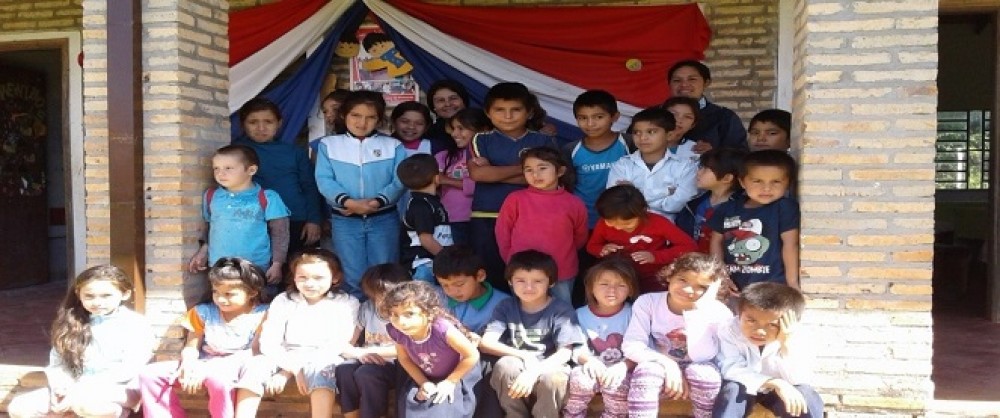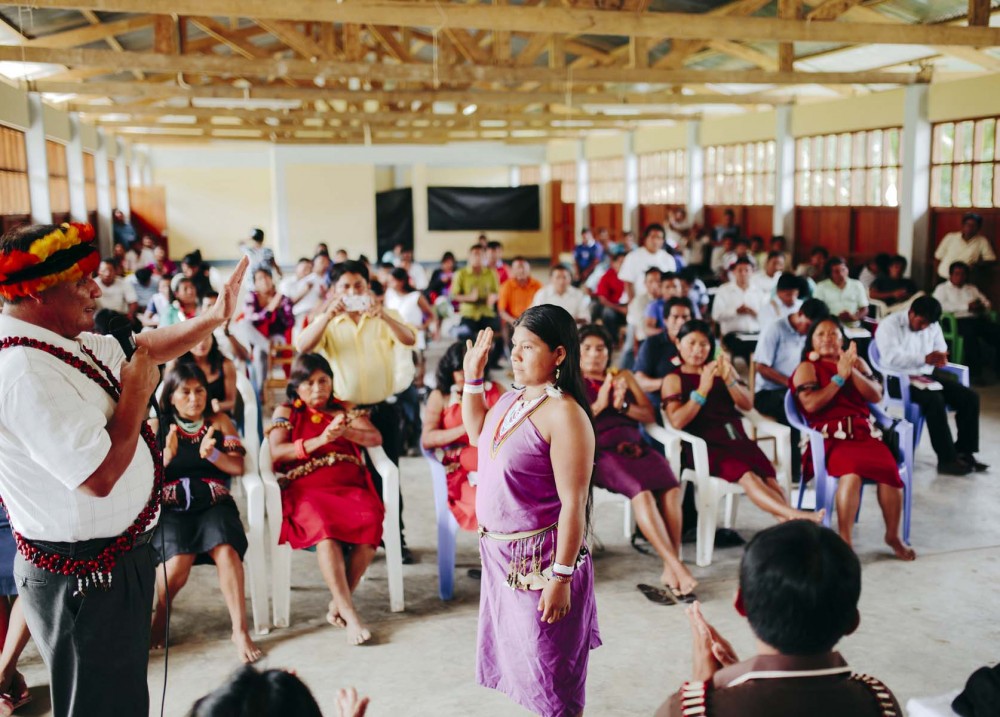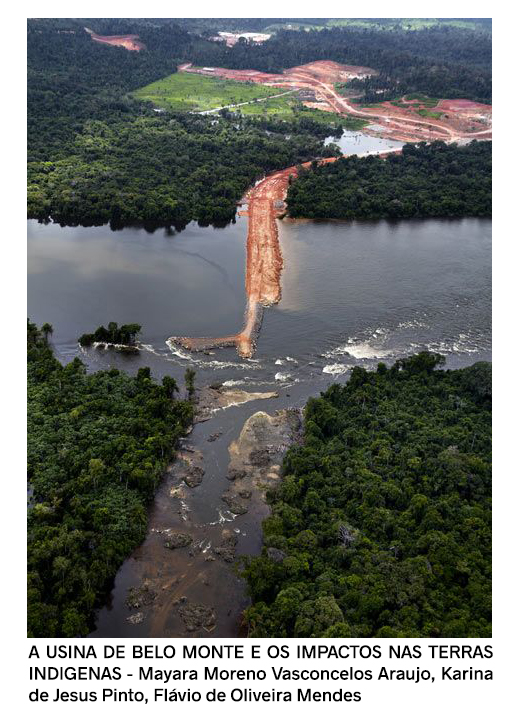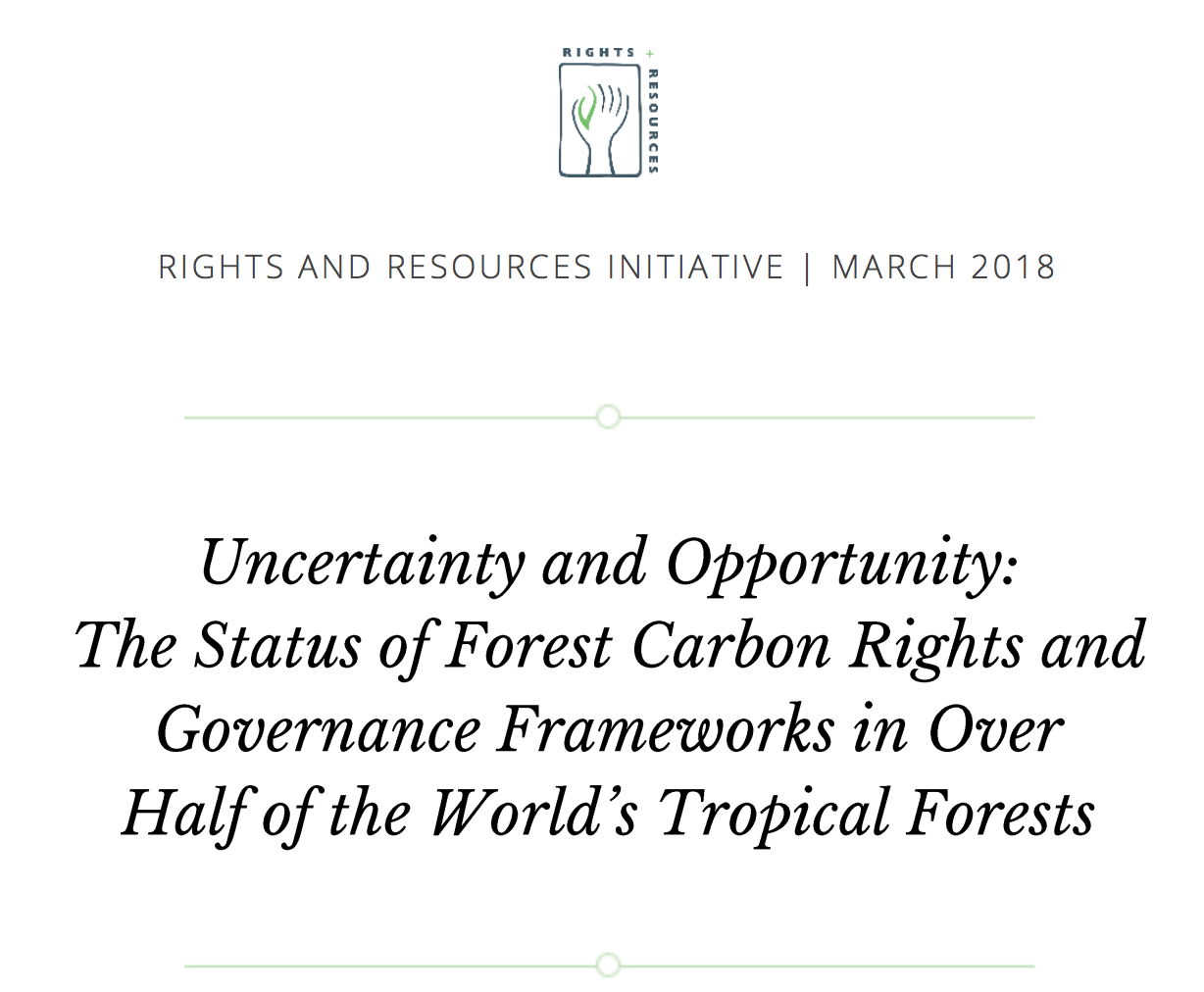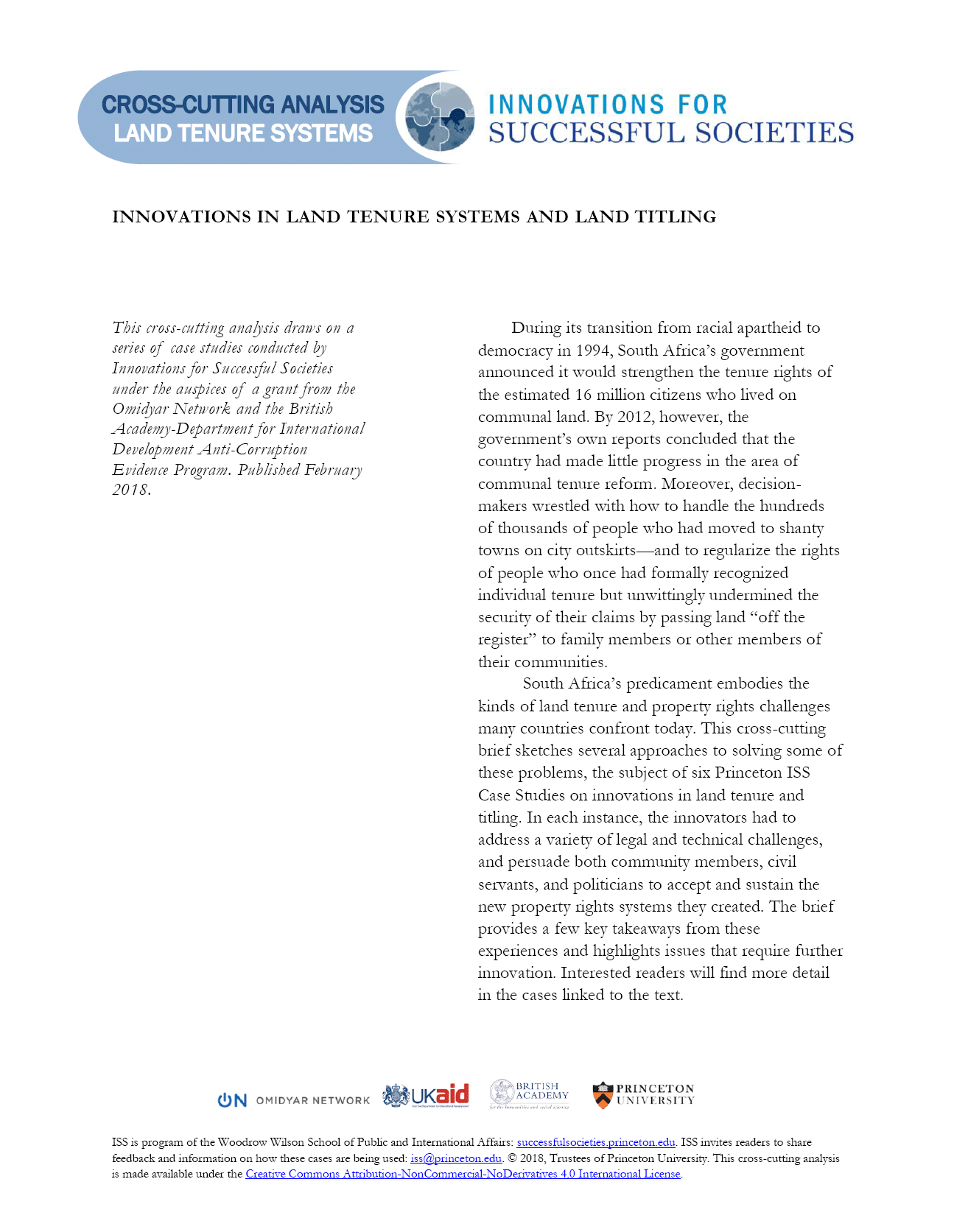La lucha por la tierra del Asentamiento Che Jazmín
La historia de Che Jazmín remite a un caso más en el Paraguay, donde los campesinos sin tierra deben realizar una ocupación forzada para que las instituciones del Estado decidan comprar tierras a su favor. El nombre del Asentamiento se debe a la hija del dueño, quien decide venderle al Estado en vez de entregarla a extranjeros, por un precio mayor.

